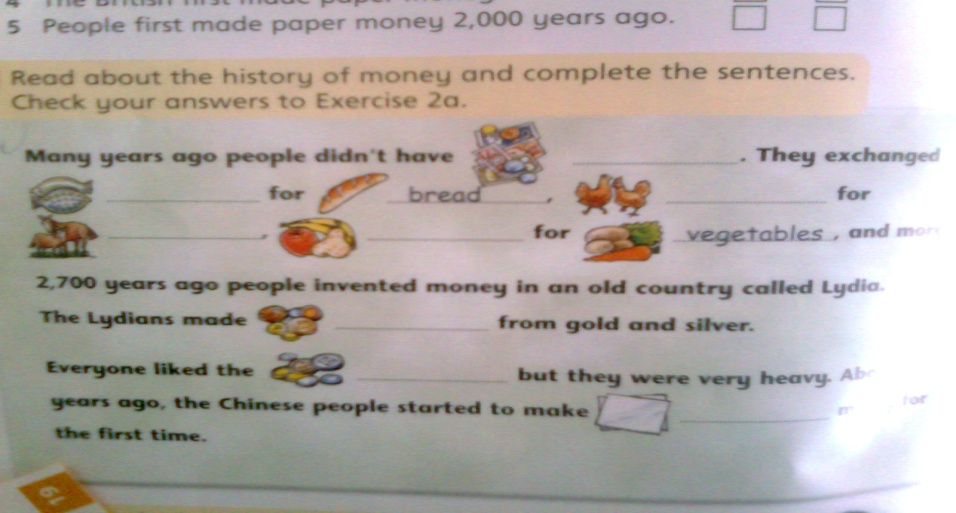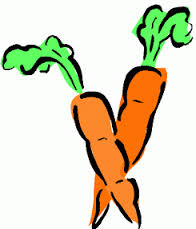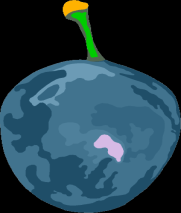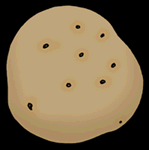- Преподавателю
- Иностранные языки
- Ағылшын тілінен сабақ жоспары How much juice? How many apples? (6 сынып)
Ағылшын тілінен сабақ жоспары How much juice? How many apples? (6 сынып)
| Раздел | Иностранные языки |
| Класс | 6 класс |
| Тип | Другие методич. материалы |
| Автор | Карибаева А.А. |
| Дата | 17.12.2015 |
| Формат | docx |
| Изображения | Есть |
 Алматы облысы
Алматы облысы
Еңбекшіқазақ ауданы
«Ақши орта мектебі»
коммуналдық мемлекеттік мекемесі
Сыныбы: 6 «А»
Пән мұғалімі Карибаева А
2015 оқу жылы
Күні: 24.10.2015 ж
Сыныбы: 6 «А»
Пәні: Ағылшын тілі
Мұғалімі: Карибаева Ақмарал
Тақырыбы: «How much juice? How many apples?»
Мақсаты:
1) Білімділік: Оқушыларды «much, many», «any, some» болымсыздық есімдіктерімен таныстыру, жаңа сөздермен,диалогпен жұмыс жасау, жаттығу жұмыстарын орындау арқылы білімдерін толықтыру;
2) Дамытушылық: Оқушылардың көру, есту, жазу, аудару, оқу, сөйлеу және шығармашылық қабілеттерін дамыту.
3) Тәрбиелік: Оқушыларды адамгершілікке тәрбиелеу.
Сабақтың түрі: Жаңа білімді меңгерту
Пәнаралық байланыс: қазақ тілі, биология, тарих
Әдісі: сұрақ - жауап
Көрнекілігі: интерактивті тақта, постер, суреттер
The plan of the lesson:
-
Ұйымдастыру кезеңі:
-
Good day PP's
-
How are you?
-
Sit down please
-
Who is on duty today?
-
Who is absent?
-
What date, day is it today?
-
What month is it now?
-
What season is it now?
-
What weather like today?
-
Thank you!
-
Білімді қабылдауға даярлау( мақсат - міндеттерін қою)
-
Today we have new theme. The theme of the lesson: «How much juice? How many apples?»
-
To enlarge PP's vocabulary, to pay attention to their pronunciation, to teach to work creatively
-
Warming - up:
How much money do you have?
Not much. Not much.
How many hands has got a boy say? How many hands for work and play?
-
Read the rhyme.
-
Жаңа білімді меңгерту:
Much and Many
The use of 'much' and 'many' depends on whether a word is countable or uncountable.
'Much' is used with a singular verb for uncountable objects.
For - example: How much cheese is there in the fridge?
'Many' is used with countable objects with a plural verb conjugation.
For - example: There aren't many people in the room.
'Some' is used for positive sentences.
For - example: There are some apples on the table.
'Any' is used for question and negative sentences.
For example: Is there any water in the glass?
New words:
-
Fruit [fru:t] - жеміс
-
Plum [plᴧm] - қара өрік
-
Pear [pƐә] - алмұрт
-
Grape [ greip] - жүзім
-
Oil [ᴐil] - май
-
Cheese [tʃ:z] - ірімшік
-
Vegetables ['veʤitәbl] - көкөніс
-
Carrot [ 'kᴂrәt] - сәбіз
-
Crisps [krisps] - майға қуырылған картоп
-
Potato [ pә'teitәu] - картоп
-
Open your vocabulary and write down.
-
Ex: 3 at page 53. Listen to the dialogue and translate into Kazakh.
-
Thank you.
-
Білімді меңгергенін тексеру:
-
Complete the sentences with many or much
-
Have you got ________homework
-
We don't need _______eggs
-
I didn't know ________people at the party
Put some or any in the correct place in each sentence.
-
There are _____ apples on the table.
-
There aren't _________biscuits
-
Are there _______eggs?
-
Read about the history of money and complete the sentences.

-
Rebus.
 ,,,,, ,,
,,,,, ,,  ,,, ,,
,,, ,,  ,
,
, ,,,, ,,
,,,, ,,  ,,,
,,,
-
Work with challenges.
-
Game: "What's in the basket?"
-
Thank you
-
Білімді бекіту:
-
Work with posters
-
1-st group: "How much?"
-
2-nd group: "How many?"
-
Wonderful job. Thank you our boys and girls.
-
Бағалау
Үй тапсырмасын беру:
-
Ex: 7 at page 54
-
Learn bye heart new words
-
To revise new grammar material
-
So stand up please
-
The lesson is over!
-
Good bye children!


